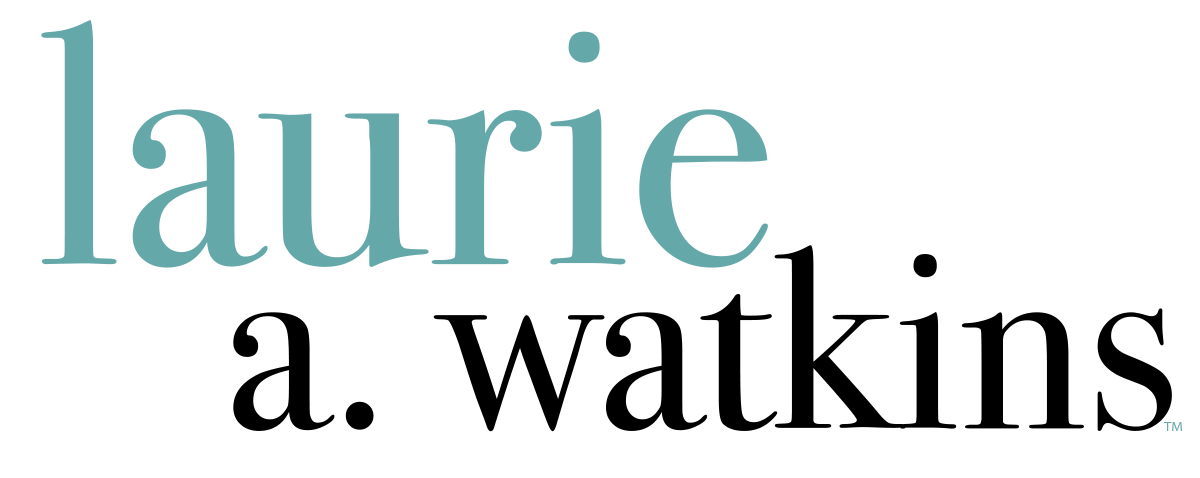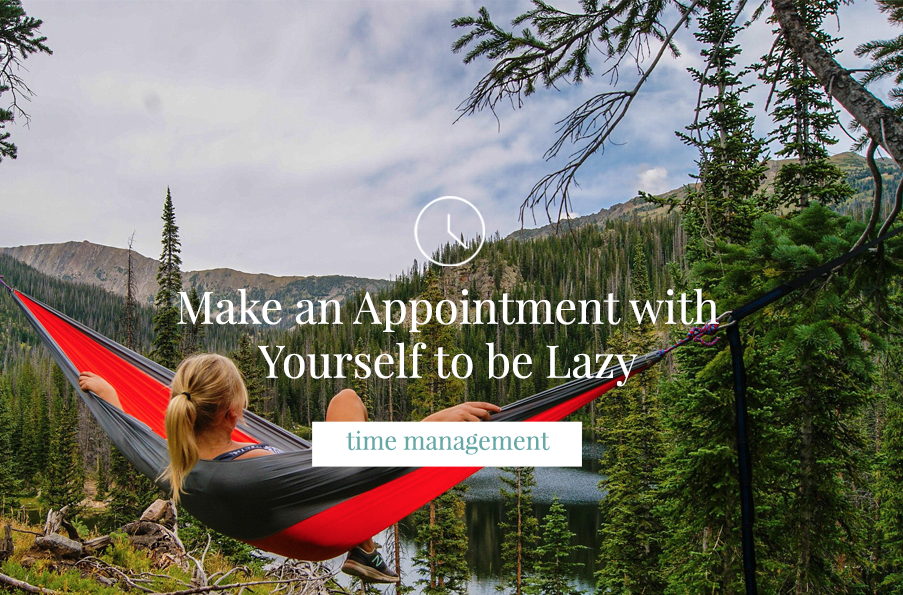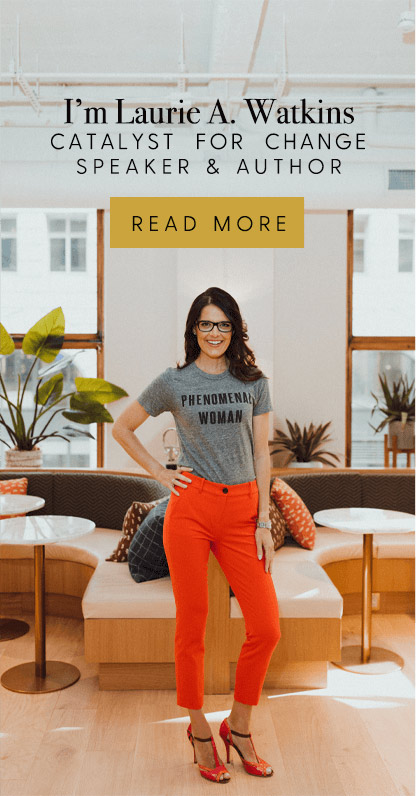I’m going to make a counter-intuitive suggestion: make an appointment with yourself to be lazy.
What? Aren’t appointments all about setting aside time to *do* things, not to *not do* things? Well, we’ve talked about busy-ness on this blog before, and we keep returning to it because it’s one of the top, if not the top concern I hear from people who acknowledge that their stress levels are unmanageable.
A lot of what I talk about in my book is about creating strategies to fit in the activities that will make you healthier and stronger, from meal planning and nutrition to regular workouts and time management strategies at work. But I think it’s just as important to not overschedule yourself, to not over manage yourself, to let yourself be a little free and – gasp – even unproductive!
Because another topic I frequently return to is moderation, and that’s even true for good things like time- and task-management. Everyone needs a little empty space in their lives!
Emma Seppälä is the Science Director at Stanford University’s Center for Compassion and Altruism Research and Education, and the author of the recently-released The Happiness Track. As she writes in Quartz, often the biggest breakthroughs in creativity and invention come from having a clear mind – whether you want to call that meditation, relaxation, laziness, lack of being busy, doing nothing, etc.
Our minds are incredibly powerful – so powerful, that they work faster than we can consciously observe, leading to thought processes so seemingly instantaneous and complete that they seem like a sixth sense or even external inspiration! Malcolm Gladwell wrote extensively about the neuroscience behind a lot of these processes in Blink, and if you haven’t read that yet, that’s another book I recommend for your shelf! What Ms. Seppälä’s research found fits in with Mr. Gladwell’s findings because it only makes sense that our minds are able to “connect the dots” – find that elusive spark of creativity among all the many things in our memories and thoughts – when brain activity is a little quieter.
Part of going from stressed to strong is putting yourself in the driver’s seat, taking control, being proactive instead of reactive. In order to be proactive, you have to look ahead and have ideas, and that requires creativity and invention. So, while you may not consider yourself the “creative type” because you don’t do DIY crafts or paint or do any performing arts, the truth is that each of us is creative in millions of other ways, and it’s important to cultivate and nurture those abilities.
But setting aside the practical benefits of increased creativity and inventiveness, giving yourself permission to just do nothing is important in and of itself. It’s a cliché, but nonetheless true that the busiest people often put themselves last, and that eventually leads to burnout, which as I’ve said before ultimately helps no one. “You can’t serve from an empty vessel,” as the saying goes.
So, try this experiment: I want you to literally make a recurring appointment with yourself, whether it’s 30 minutes every night before bed, or 10 minutes after breakfast, or 1 hour every Saturday afternoon, or one evening on the second Tuesday after each full moon, or whatever frequency and length of time you want! And during this time, I want you to do absolutely nothing. I mean nothing! Don’t multitask on this one. Don’t “do nothing” while you’re doing laundry because you think you can zone out. Don’t “do nothing” while you’re on the treadmill, reading the Sunday paper, or listening to a podcast. Those are all important activities and you should make time for them, too! But I want you to try, just for a little bit, to get into the regular habit of clearing your mind and just see what happens, how you feel, with a little bit of that routine.
This is not a new concept, of course. Mindfulness and Zen traditions emphasize meditation and other techniques that are about simply being, without goal or end-game (for a deep dive on this subject, compare the Zen practice of shikautaza or “just sitting” with the more goal-oriented Vipassana/Theravada approaches of meditating specifically toward enlightenment or insight and understanding). Even before we had the neuroscience to explain it, humans have long recognized the importance of sometimes literally just “smelling the flowers”.
So, if you try this routine for a little bit (and I emphasize routine; I think it’s important to give this experiment a few if not many repetitions to see what happens), just take notice of what happens. Maybe keep a little notebook nearby to record any ideas or thoughts that pop into your head. But at the same time, don’t try to be creative; that would likely be counterproductive for this exercise.
A final thought: give yourself permission to not be at peak efficiency and productivity all the time. As every great athlete knows, you can’t strengthen a muscle without scheduled and structured recovery periods, and your mind and soul are the greatest muscle you possess.






